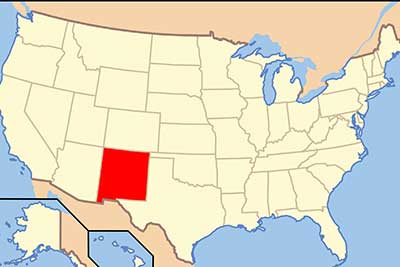By Elizabeth Zach, RCAC staff writer
 Entrepreneurs in low-income and immigrant communities often lack access to capital that could help expand their businesses, thereby easing generational poverty. These business leaders, moreover, tend to rely on informal lenders who offer small, costly, high-interest loans that can lead them into a debt cycle.
Entrepreneurs in low-income and immigrant communities often lack access to capital that could help expand their businesses, thereby easing generational poverty. These business leaders, moreover, tend to rely on informal lenders who offer small, costly, high-interest loans that can lead them into a debt cycle.
Building more equitable financial partnerships can lift communities out of poverty, as evidenced by New Mexico’s success in expanding access to affordable capital.
Co-Op Capital is a microlending program that supports underserved communities in New Mexico. Nusenda Credit Union, W.K. Kellogg Foundation, Albuquerque Community Foundation, McCune Charitable Foundation and other community-based organizations comprise Co-Op Capital, which allows the organizations to have discretion over their lending criteria among low-income loan applicants.
“Co-op Capital targets these proven biases by asking two questions,” writes Robin Brulé and Alvin Warren in the Stanford Social Innovation Review. “Would trust between an organization and a ‘high risk’ borrower make it possible to overcome the persistent barriers that keep many business owners of color or of limited means from accessing the capital they need to be successful and grow? And would flexible criteria for creditworthiness and terms be sustainable for the lender?”
To read more, go here: https://ssir.org/articles/entry/creating_new_pathways_to_capital
